Rio Tinto ‘apologises unreservedly’ after destroying ancient Australian site Juukan Gorge
Mining giant Rio Tinto is facing a parliamentary inquiry after destroying an ancient Australian site that dates back 46,000 years.
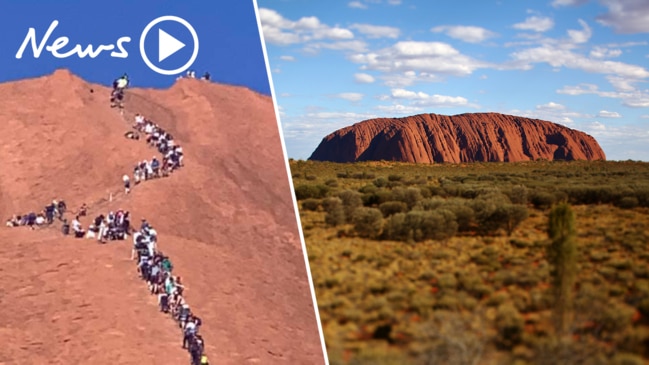
Mining giant Rio Tinto has “unreservedly apologised” for destroying an ancient Australian site in a giant detonation – despite urgent appeals warning the company of its cultural significance.
The caves in the Juukan Gorge, in the Pilbara region of Western Australia, which date back 46,000 years, were destroyed in the blast in order to expand the mining company’s Brockman 4 iron ore mine.
In a submission to a parliamentary inquiry on Tuesday night surrounding the events leading up to the devastating loss, Rio Tinto agreed the incident “should not have occurred”.
The rock shelters were damaged on May 23 this year and despite archaeological excavations in 2014 that revealed “new information” surrounding the site, the decision was still made to go ahead. Another report in 2018 was a missed opportunity to “re-evaluate”.
Despite receiving urgent appeals against the planned destruction of the caves from traditional owners, Rio Tinto boss Jean-Sebastien Jacques said the site was already strapped with explosives and it was too unsafe to stop the blast.
In the 46-page submission, the company detailed how it had drilled 382 “blast holes” between May 3 and May 12 then subsequently filled electronic detonators with liquid explosives.
On May 31, the company released a statement from Rio Tinto Iron Ore chief executive Chris Salisbury apologising “for the distress”.
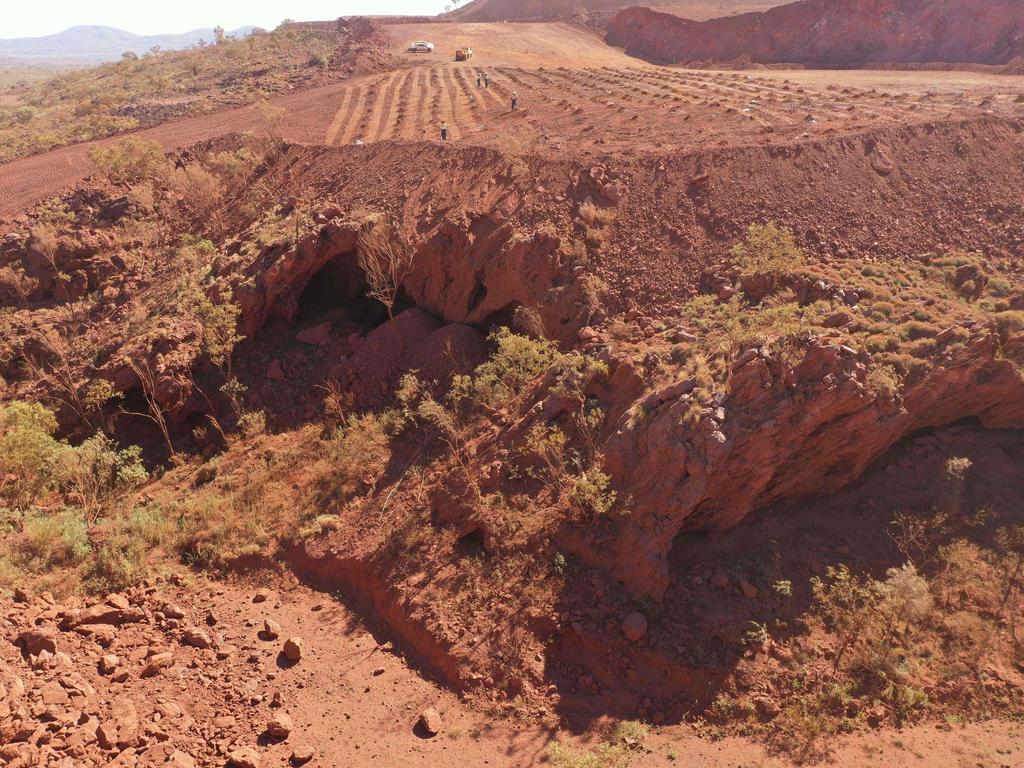
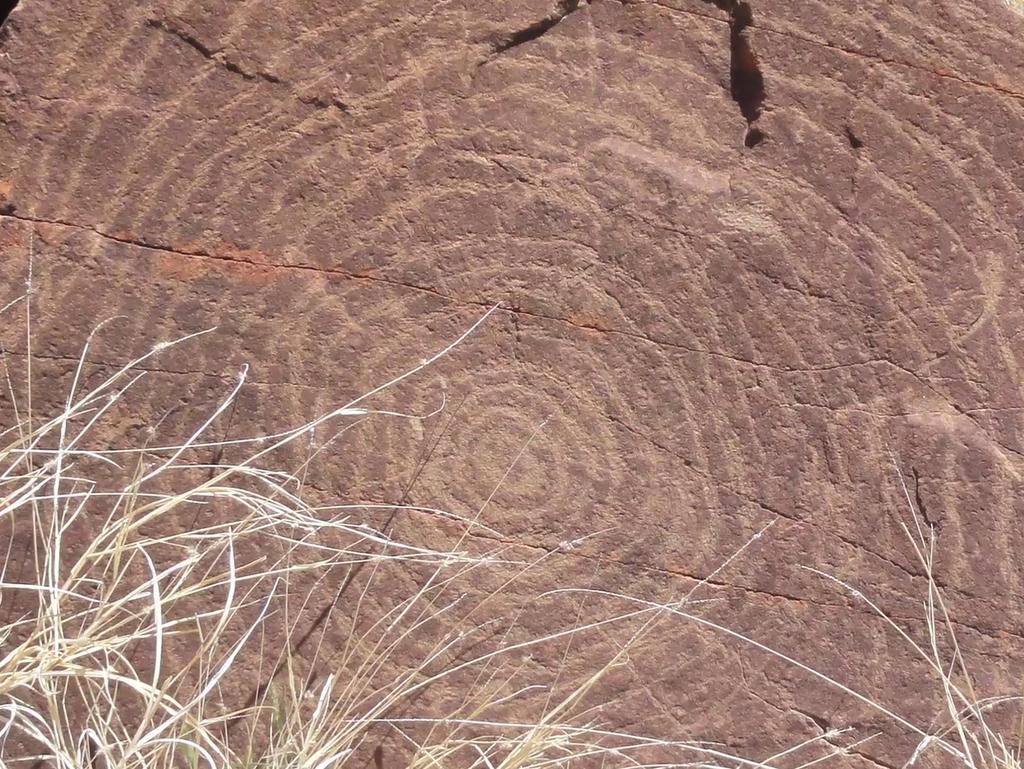
Mr Jacques will now face a parliamentary inquiry on Friday after the mining giant’s bungled decision to destroy the heritage site was revealed by the Puutu Kunti Kurrama and Pinikura (PKKP) Aboriginal Corporation.
The site is significant because it reveals human habitation dating back to the last ice age when most of the land around the area was deserted by people who preferred to base themselves on the coast.
Numerous archaeologists have noted the site’s historical significance. Subsequent archaeological excavation revealed ancient artefacts including grinding stones, a bone sharpened into a tool and 4000-year-old braided hair.
The initial decision to mine the cave was made back in 2013, according to the company, and PKKP were notified of the application and legal consent under Western Australia’s Section 18 of the Aboriginal Heritage Act.
For those that are interested, here is a link to our Parliamentary Inquiry submission on Juukan Gorge : https://t.co/j1hkhViTSl
— Rio Tinto (@RioTinto) August 4, 2020
Watch the expansion of Rio Tinto's West Australian mine as it envelops and eventually destroys the Juukan Gorge site. Credit to @TmarcoH and @SimonScarr of @reutersgraphics for the excellent mapping and visualisation in this piece. #IndigenousData pic.twitter.com/RR23tyjiTN
— Indigenous Data Network (@DataIndigenous) July 19, 2020
The Australian Archaeological Association said the fact Rio Tinto did not revisit the decision after the cultural significance was identified was “inconsistent with modern standards of heritage management”.
The submission also revealed there were three other options the mining company could have taken to expand its mine which would not have damaged the site, but chose to instead use the blast so it could “access higher volumes of high-grade ore”.
“The fourth option impacted the rock shelters in order to access higher volumes of high-grade ore, and was the option that was chosen by Rio Tinto,” the company said.
Puutu Kunti Kurrama Land Committee chair John Ashburton said there were fewer than a handful of Indigenous sites that were as old, and the importance of the discoveries should not be underestimated.
“Our people are deeply troubled and saddened by the destruction of these rock shelters, and are grieving the loss of connection to our ancestors as well as our land,” he said.
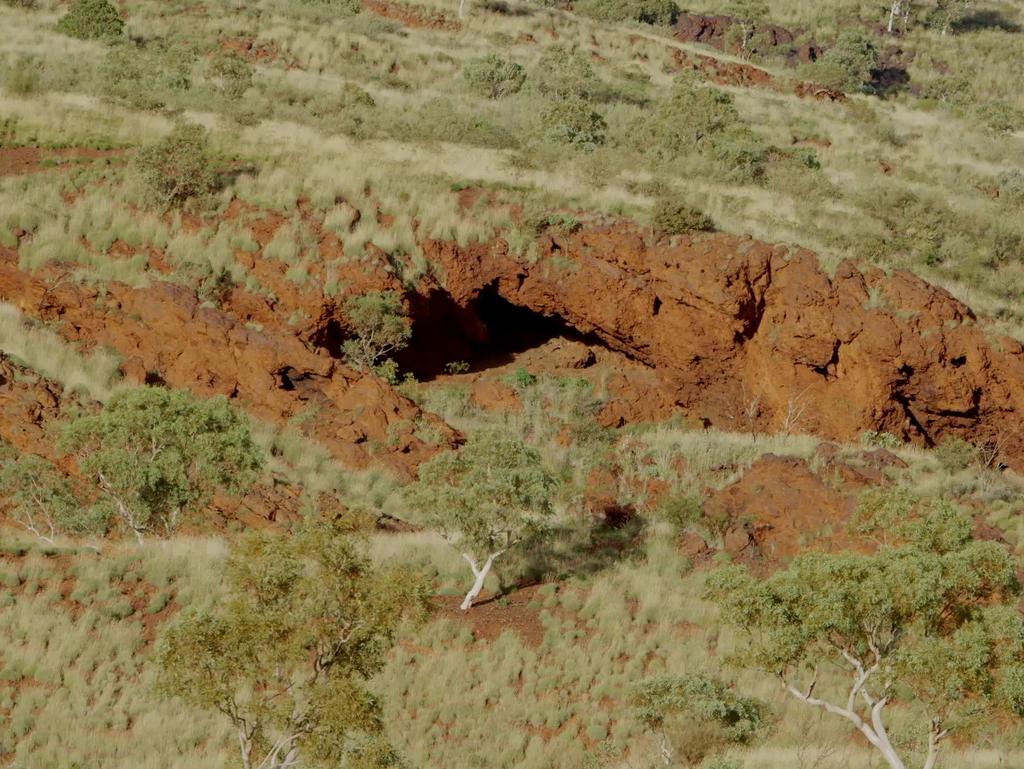
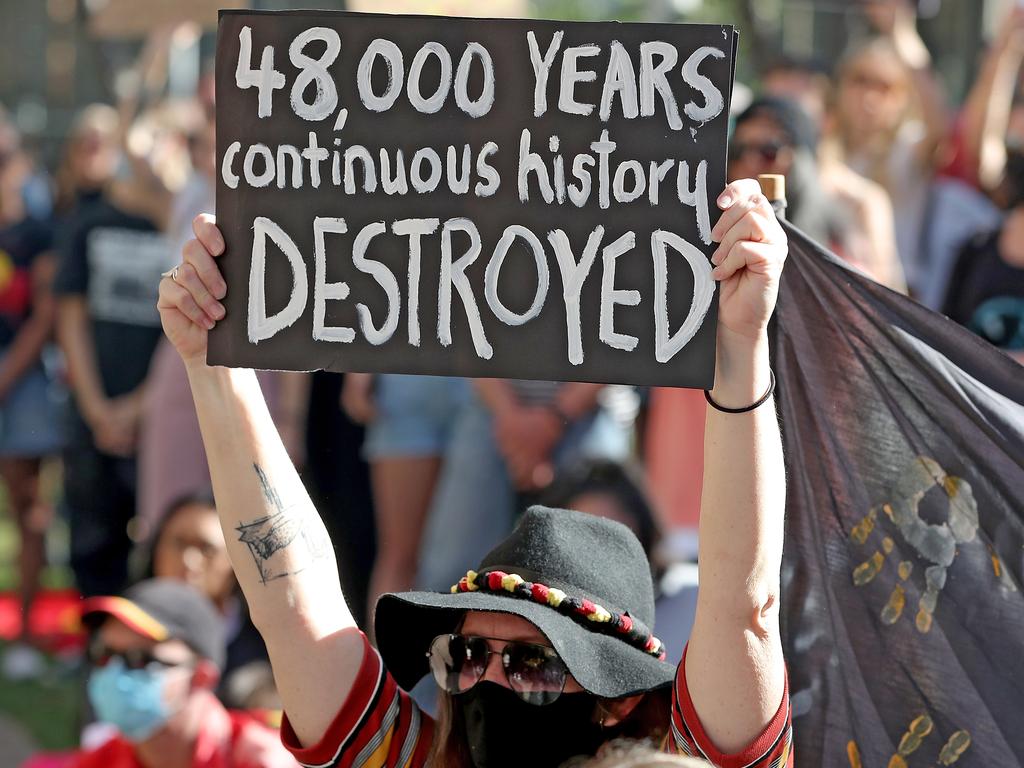
Mr Ashburton acknowledged Rio Tinto had complied with the law, but said he was concerned the rigid system did not consider new information after ministerial consent had been granted.
“We are now working with Rio Tinto to safeguard the remaining rock shelters.”
Aboriginal Affairs Minister Ben Wyatt said he was unaware of the blast or concerns beforehand.
The bungle is expected to force changes to Aboriginal rights and 50-year-old legislation is expected to be overhauled to replace Section 18.
Mr Wyatt said the state government hoped to pass its new Aboriginal cultural heritage bill this year, although COVID-19 had delayed the consultation process.
“It will provide for agreements between traditional owners and proponents to include a process to consider new information that may come to light, and allow the parties to be able to amend the agreements by mutual consent,” he said.
“The legislation will also provide options for appeal.”
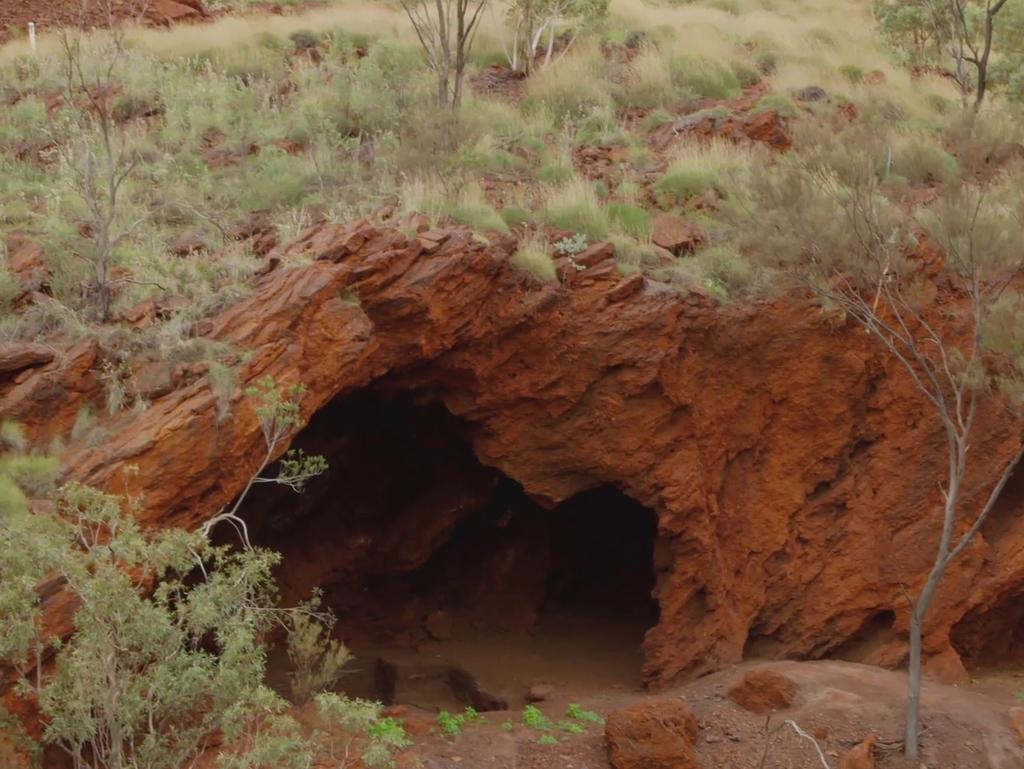
Mr Jacques said the company took cultural heritage and its partnerships with Aboriginal groups seriously.
“Rio Tinto has unreservedly apologised to the Puutu Kunti Kurrama and Pinikura people (PKKP), and we reaffirm that apology now,” an introduction in the submission said.
“For the benefit of current and future generations of Australians, we are determined to learn the lessons to ensure that the destruction of heritage sites of exceptional archaeological and cultural significance, such as the Juukan rock shelters, never occurs again.”
It claimed to have “a longstanding commitment to protecting cultural heritage” and “has worked with Traditional Owners over many years to preserve and manage that heritage”.
 
Time is running out to have your say on the destruction of an ancient Indigenous sacred site at Juukan Gorge, WA. Visit https://t.co/g2PsWfdXiL to learn more. https://t.co/ZteBiKgiT0
— Australian House of Representatives (@AboutTheHouse) July 17, 2020
With wires




